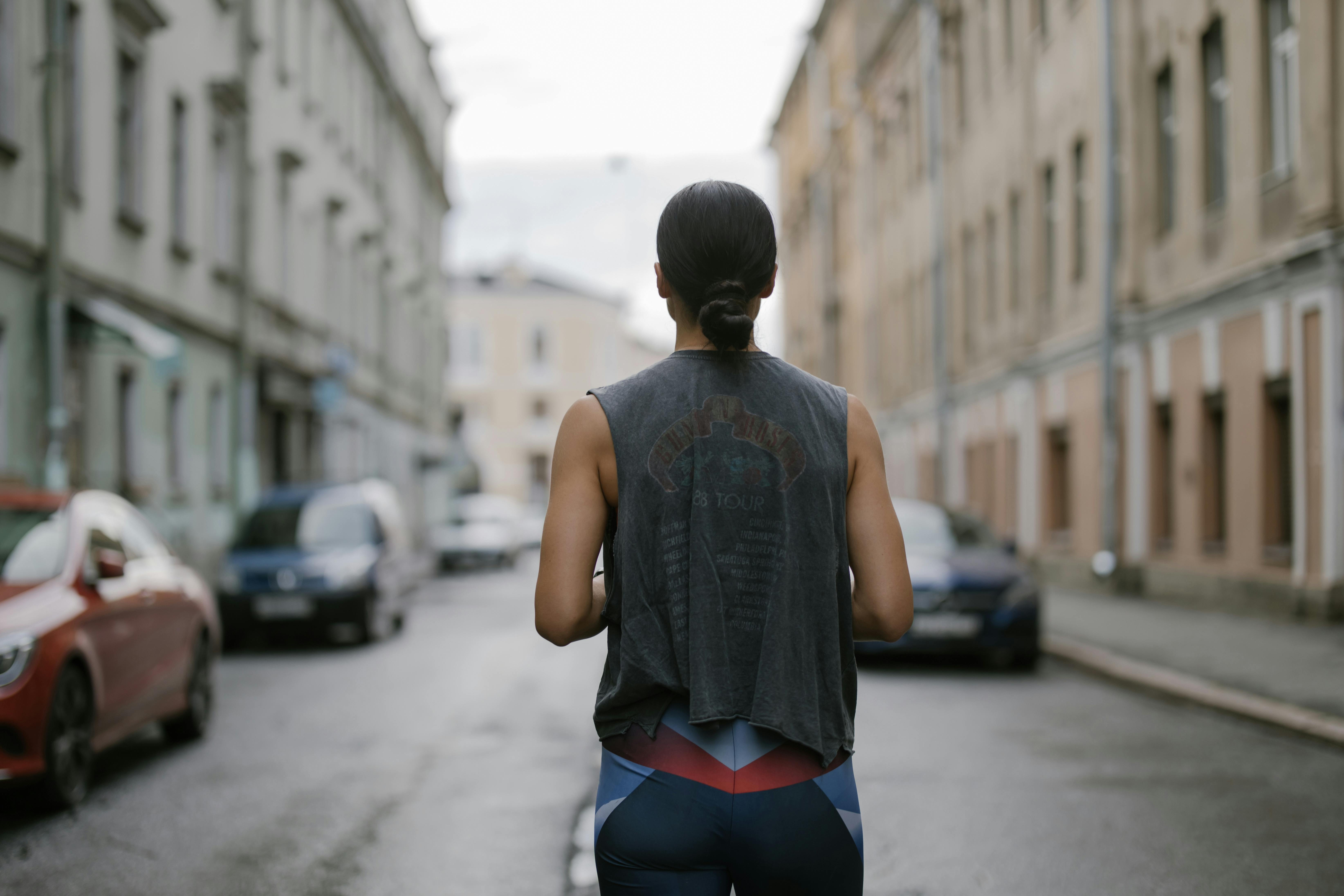Do you make these 10 common mistakes before weighing yourself?
scale addicts
Over the years, I have dealt with my fair share of weight addicts. That is, people who get on the scale too often. Some do it every day of their lives. morning and night Some go up and down five times in ten seconds in the hope that a shorter figure will magically appear between their feet. Then they do it again thirty seconds later. Sounds familiar?
No, he’s not crazy at all.
Some people surrender their personal power to the ‘almighty scales’. Unfortunately, your morning weigh-in will make or break your day. And their mental and emotional states. Some people think that if they step on the scales delicately, the number could be lower. And some think that leaving part of the foot off the plate will give a better result.
Good grievance.
A sick relationship?
In general, I’m not a big fan of scales. Sure, they have a place in the world of health and fitness and sure they can be a helpful resource, but all too often they become a source of anxiety, stress, and frustration. Of course, weight is a relevant topic in the process of becoming fitter, healthier and sexier, but many (many, many) people have an unhealthy relationship with their scales. Can you meet such a person?
Very well, perhaps?
Heavy is not always bad
Before sharing the following tips on how to weigh yourself sensibly, keep in mind that in terms of health, body composition is far more important than body weight. Some obese people are relatively thin (like me) and some lean people (more) have a high percentage of body fat, which puts them at higher risk. According to a typical height and weight chart, I am currently obese and approximately 29 pounds overweight. Actually, I am heavy (92kg, 202lbs) but not fat at all. My current body fat percentage is about twelve. In fact, I don’t want to be lighter because, for me, that would mean losing muscle. Watch? Weight is a problem, but not always the problem.
So with all that in mind, when should you avoid scales?
1. Most days. In most cases, weighing yourself every day is unnecessary and unhealthy. And it often leads to obsessive thoughts and behaviors. Weekly weigh-ins are adequate for most people in most situations.
2. When you’re at someone else’s house. It is best to weigh yourself on the same scale each time. That way, even if the scale isn’t perfectly calibrated, you’ll get a more accurate indication of what’s really going on with your weight.
3. When the scale costs ten dollars. As a general rule, the cheaper the scales, the less accurate they are. In my experience, most home bathroom scales are inaccurate, usually on the light side. For the last twenty years, I’ve heard people complain about how “heavy” the scales in my gym are. Unfortunately for those customers, the scales are very accurate.
4. When it’s 8pm and you’ve had a cow for dinner. Under normal conditions, we are all heavier at the end of the day. Not fatter, heavier. Natural variability means that someone like me can easily weigh 3-4 kilos (6.6-8.8 pounds) more at night. That’s why it’s best for us to get on the scales at the same time of day each time. Well, first thing in the morning.
5. When you wear hiking boots. Clothes can weigh up to 4 kilos, so weighing yourself naked is the preferred option for accuracy. If that’s not possible, wear as few clothes as possible and wear the same clothes each time.
6. After you have completed a strenuous workout, unless you are measuring hydration levels before and after your workout. It’s easy to lose more than a kilo (2.2 pounds) of water weight during a one-hour sweat session, so don’t be fooled by a temporarily low reading on the scale. Water is not fat. By the way, a liter of H2O (or sweat) = a kilo. Exactly.
7. When the scales are on a carpet. Make sure the scales are on a solid surface (tile, wood, concrete), otherwise your reading may be inaccurate.
8. Certain days of the month (you can skip this guy). I know you don’t need me to explain this to you, but yes, for menstruating women, there will typically be two to seven days a month where your weight will temporarily swell due to increased water retention. It’s probably best to avoid scale during this time.
9. When the thought of weighing yourself puts you in a state of anxiety. Getting on the scale means whatever you decide it means. If you think and believe that it will be a stressful experience, it will be. Weighing in can be a simple data collection exercise or it can be a traumatic event. If you can’t overcome your fear of scales, you may want to use another assessment tool for a while. Weekly girth measurements, monthly body composition tests, and monthly fitness tests are reasonable alternatives.
10. When you’re happy with how you look, feel, and function. If you look good, feel good, and are in good health, who cares about a stupid number?
Enjoy your body.
